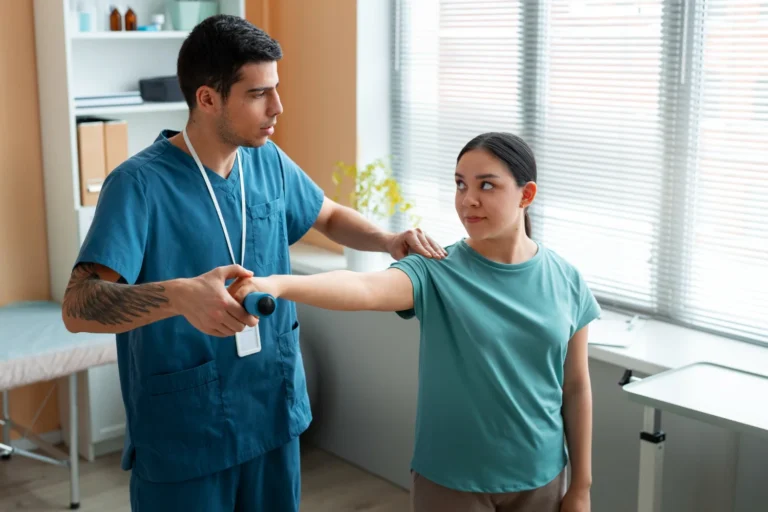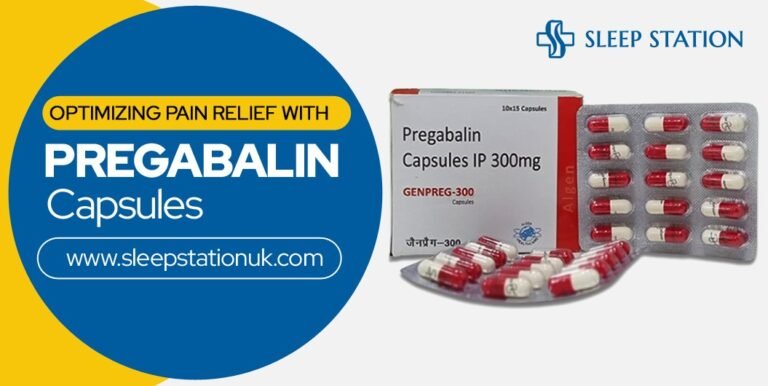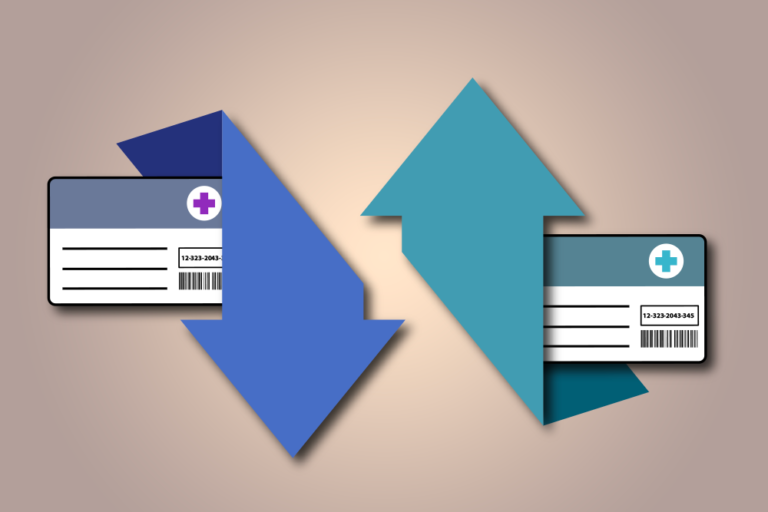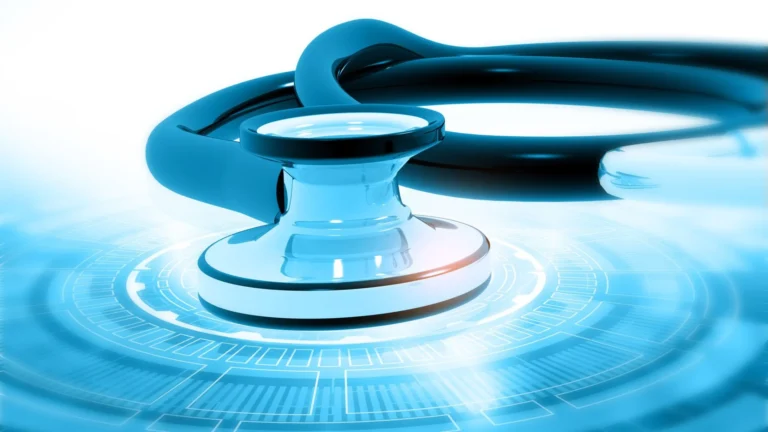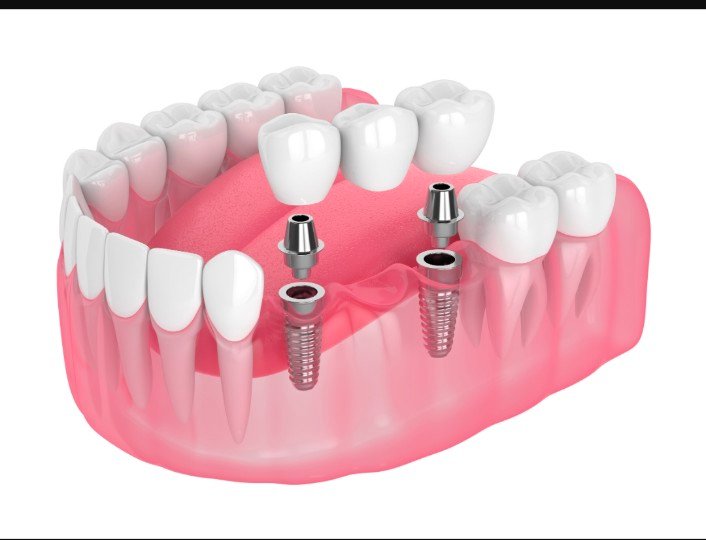How Does Diet Impact the Health and Strength of Your Hair?
Your hair is often considered a reflection of your overall health, and just like your skin, nails, and other parts of your body, it requires proper nourishment to stay strong and healthy. While hair products play a crucial role in maintaining the external appearance of your hair, the foundation of healthy hair lies in what you consume. A well-balanced diet filled with essential nutrients is key to promoting hair growth, preventing hair loss, and ensuring your hair remains vibrant and strong. In this article, we’ll explore how diet impacts the health and strength of your hair and how you can make dietary choices that support beautiful, resilient hair.
The Importance of Protein for Hair Strength
Hair is primarily made up of a protein called keratin, which provides its structure and strength. Therefore, consuming an adequate amount of protein is vital for maintaining healthy hair. A diet low in protein can lead to weak, brittle hair that is more prone to breakage, and in severe cases, it can even cause hair loss.
To ensure your hair stays strong, incorporate high-quality protein sources into your diet. Foods like eggs, fish, poultry, beans, and nuts are excellent choices. These protein-rich foods provide the building blocks your body needs to produce keratin, resulting in stronger and more resilient hair.
While diet is critical, using hair products that strengthen and protect your hair from damage can complement your efforts. For example, hair products containing keratin can help reinforce your hair’s natural structure and reduce breakage.
The Role of Vitamins and Minerals
Vitamins and minerals are essential for healthy hair growth, and deficiencies in these nutrients can lead to hair problems such as thinning, dullness, and slow growth. Let’s look at some key vitamins and minerals that play a significant role in hair health:
- Biotin (Vitamin B7): Biotin is known as the “hair growth vitamin” and is essential for maintaining healthy hair. It helps produce keratin and supports the metabolism of fats and proteins, which are necessary for strong hair. Foods rich in biotin include eggs, nuts, seeds, and sweet potatoes.
- Iron: Iron is crucial for delivering oxygen to your hair follicles, which supports hair growth and strength. Iron deficiency, particularly in women, is a common cause of hair loss. To boost your iron intake, include foods like red meat, spinach, lentils, and fortified cereals in your diet.
- Vitamin D: Vitamin D is essential for hair follicle health, and a deficiency can lead to hair thinning and hair loss. Spending time in the sun and consuming vitamin D-rich foods like fatty fish, fortified dairy products, and eggs can help maintain healthy levels.
- Zinc: Zinc plays a vital role in hair tissue growth and repair. It also helps keep the oil glands around your hair follicles functioning properly. Zinc-rich foods include oysters, beef, pumpkin seeds, and chickpeas.
While getting these nutrients from your diet is ideal, you can also find hair products fortified with vitamins and minerals to enhance your hair care routine. These products can provide an additional boost of nourishment directly to your scalp and hair.
The Impact of Omega-3 Fatty Acids
Omega-3 fatty acids are healthy fats that are essential for maintaining a healthy scalp and promoting hair growth. These fatty acids help keep your scalp hydrated, reduce inflammation, and support the production of natural oils that keep your hair shiny and moisturized.
Foods rich in omega-3 fatty acids include fatty fish like salmon, mackerel, and sardines, as well as flaxseeds, chia seeds, and walnuts. Incorporating these foods into your diet can help improve the overall health of your hair.
In addition to dietary sources, hair products infused with omega-3 oils can provide moisture and protection to your hair, especially if you struggle with dryness or frizz. Look for shampoos, conditioners, and serums that contain these beneficial oils to keep your hair looking healthy and vibrant.
Hydration and Hair Health
Staying hydrated is essential for overall health, and it plays a significant role in maintaining the health and strength of your hair. Dehydration can lead to a dry, flaky scalp and brittle hair that is more prone to breakage.
To keep your hair hydrated from within, make sure you’re drinking plenty of water throughout the day. Additionally, using hair products that focus on hydration can help lock in moisture and prevent dryness. Look for moisturizing shampoos, conditioners, and leave-in treatments that contain ingredients like aloe vera, glycerin, and hyaluronic acid.
Foods to Avoid for Healthy Hair
Just as certain foods can boost the health and strength of your hair, others can have a negative impact. Diets high in sugar, processed foods, and unhealthy fats can lead to inflammation, poor circulation, and nutrient deficiencies, all of which can weaken your hair.
Limiting your intake of sugary snacks, fried foods, and processed meals can improve your overall health and, in turn, the condition of your hair. Instead, focus on whole, nutrient-dense foods that support your body and hair.
Conclusion
Your diet has a profound impact on the health and strength of your hair. While hair products can help maintain and protect your hair externally, the foundation of strong, healthy hair begins with what you eat. By incorporating protein, vitamins, minerals, omega-3 fatty acids, and staying hydrated, you can support your hair’s growth, strength, and overall appearance. Complement these dietary efforts with hair products that nourish and protect your hair, and you’ll be on your way to achieving healthier, more resilient hair.

